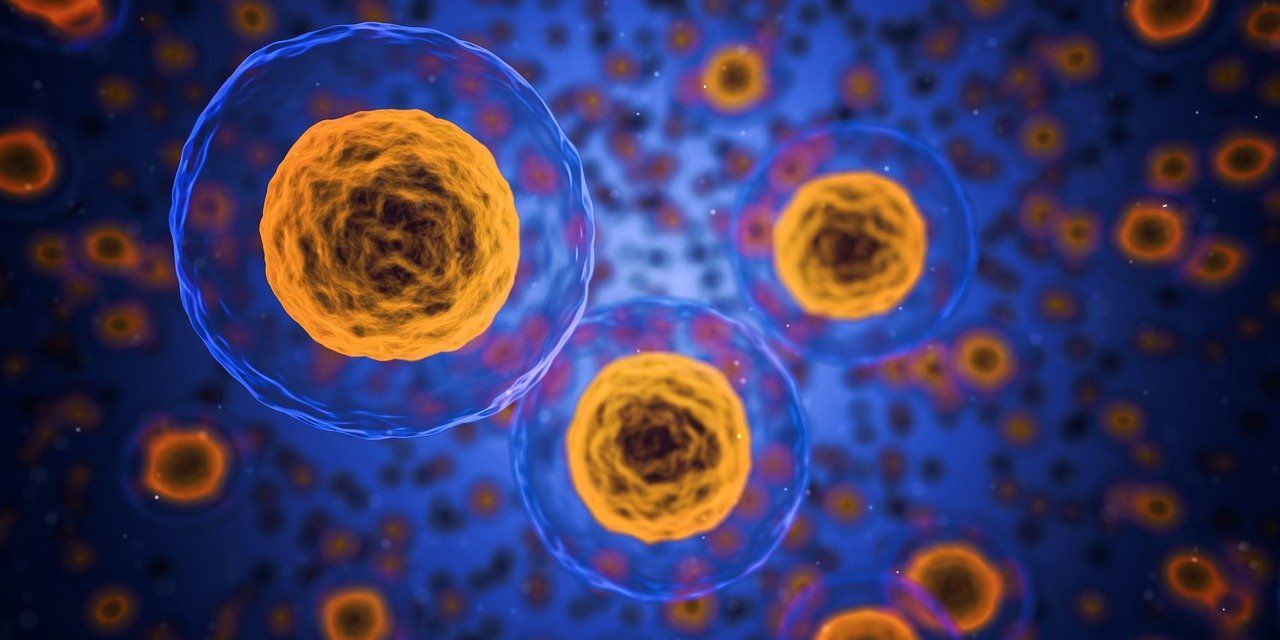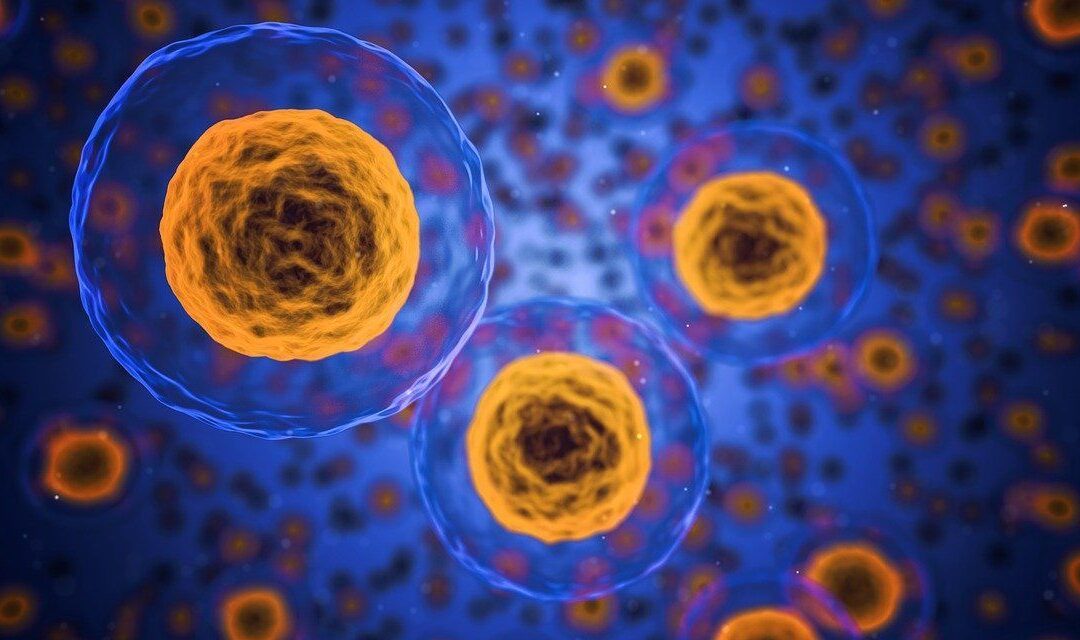
Enzymes are proteins that function as small factories in all living cells. They act as catalysts that speed up a chemical reaction without being consumed themselves. Without a catalyst, all reactions in the body would take too long for life on Earth to function.
Understanding how enzymes work is, therefore, necessary if we are to understand how all living organisms, including ourselves, work. In addition, enzymes are used in the manufacturing of, for example, detergents, sweeteners, dyes, and medicines.
So there are many reasons for us to learn more about enzymes, but the fact that there are so many enzymes with so many possible uses is a challenge.
"To study every natural enzyme with experiments in a laboratory would be impossible, there are simply too many of them. But with our algorithm, we can predict which enzymes are most promising just by looking at the sequence of amino acids they are made of," says Eduard Kerkhoven, researcher in systems biology at Chalmers, in a press release.
Eduard Kerkhoven is part of a research team that has developed a calculation model that can predict how quickly enzymes work. It is an algorithm where the researchers only need to enter the amino acid sequence of the enzyme. These sequences are largely available in open databases.
The algorithm then goes through all the enzymes and picks out the ones that seem most promising for what the researchers are looking for.
"We see many conceivable biotechnological applications. For example, biofuels can be produced when enzymes break down biomass in a sustainable manufacturing process. The algorithm can also be used to study metabolic diseases, where mutations can lead to defects in how enzymes in the human body work," says Eduard Kerkhoven.
The algorithm can also show how effective an enzyme is at producing exactly what is desired in industrial production.
"We can reveal whether the enzymes have a 'side activity' and produce metabolites that are not desirable. It is useful in industry, where you want to manufacture a single clean product," says Eduard Kerkhoven.





